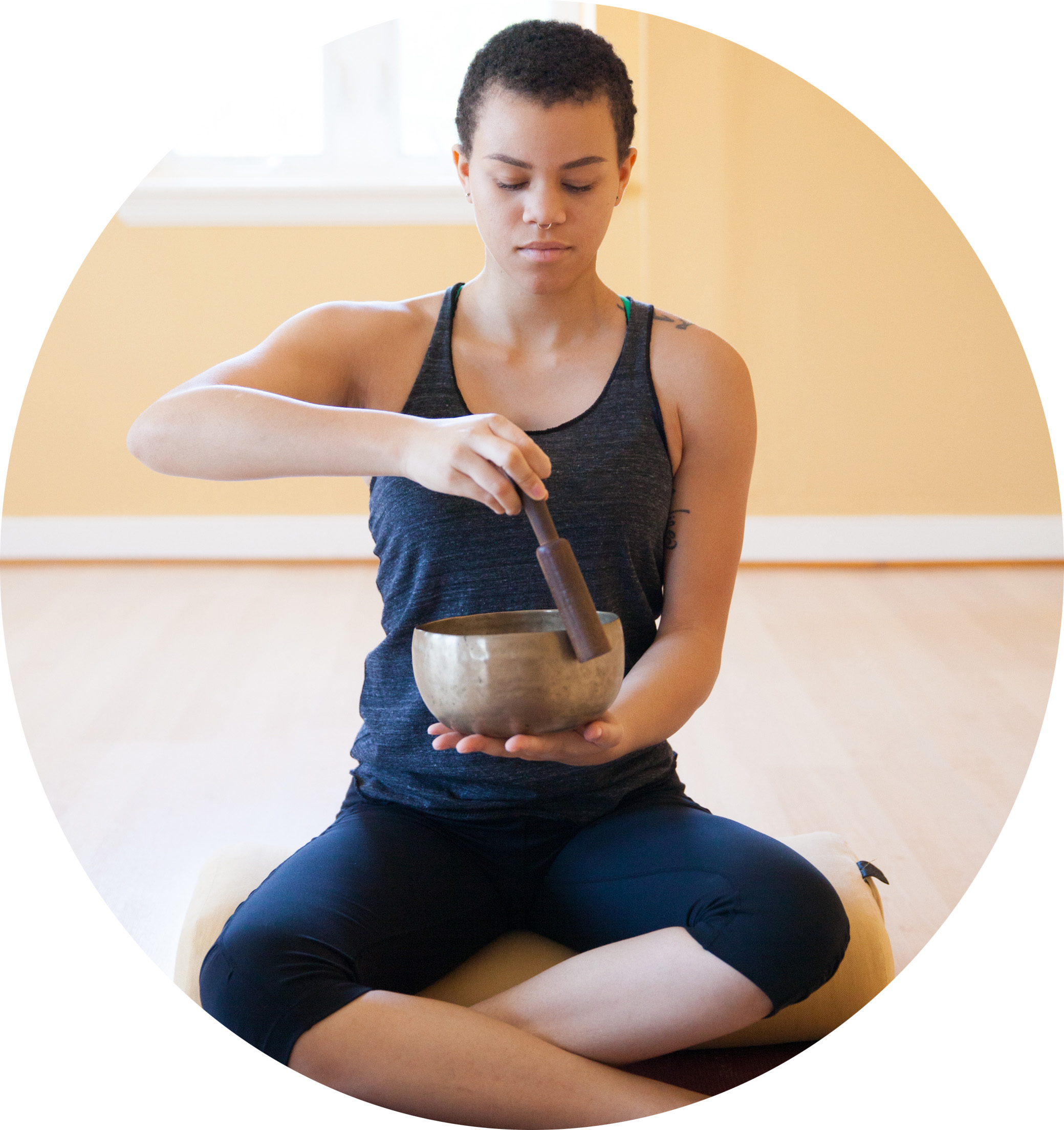Is the Practice of Yoga in North America Cultural Appropriation?
December 28, 2015

Recent cancellations of yoga classes at the University of Ottawa have raised some complex and important questions in the yoga community. Is the practice of yoga in North America just neo-colonial cultural appropriation? Is it true that yoga classes taught and taken by people of non-Indian descent are disrespectful to Indian culture?
Some have argued that this is political correctness run amok, that we’ve simply become too concerned with making sure we don’t offend others. However, the answers to these questions are not at all obvious or clear cut. For example, it is undeniable that Western countries have made a habit of appropriating and monetizing aspects of other cultures.
However, from the beginning, yoga was offered in a spirit of sharing and cross-cultural understanding. Swami Vivekananda, who arrived in the US in 1893, introduced yoga as a practice of universal tolerance, as a gift for all humanity. Indeed, he gave his first yoga instruction in America. It is important to note that he chose yoga as the appropriate vehicle for the spiritual advancement of the West.
Since then, many other Indian teachers have taught and spread yoga's message around the world. They have in turn encouraged their western students to teach, knowing the power of the teachings to open our minds to new ideas and change our lives.
From the point of view of many great yoga teachers, it is clearly not inappropriate or disrespectful for non-Indians to teach and practice yoga. In fact, we best honor the gifts these teachers gave us by continuing to practice and share their teachings with others.
At the same time, however, we have an obligation to respect the roots and the spirit of yoga practice, and to maintain respect for religious and cultural beliefs and practices out of which yoga emerged.
Today, yoga continues to change and develop in new and complex ways. The situation at the University of Ottawa presents us with a useful and timely opportunity to reflect more deeply on issues of cultural appropriation and to aspire to the yogic principles of ahimsa (nonviolence and compassion) and satya (truth-seeking).